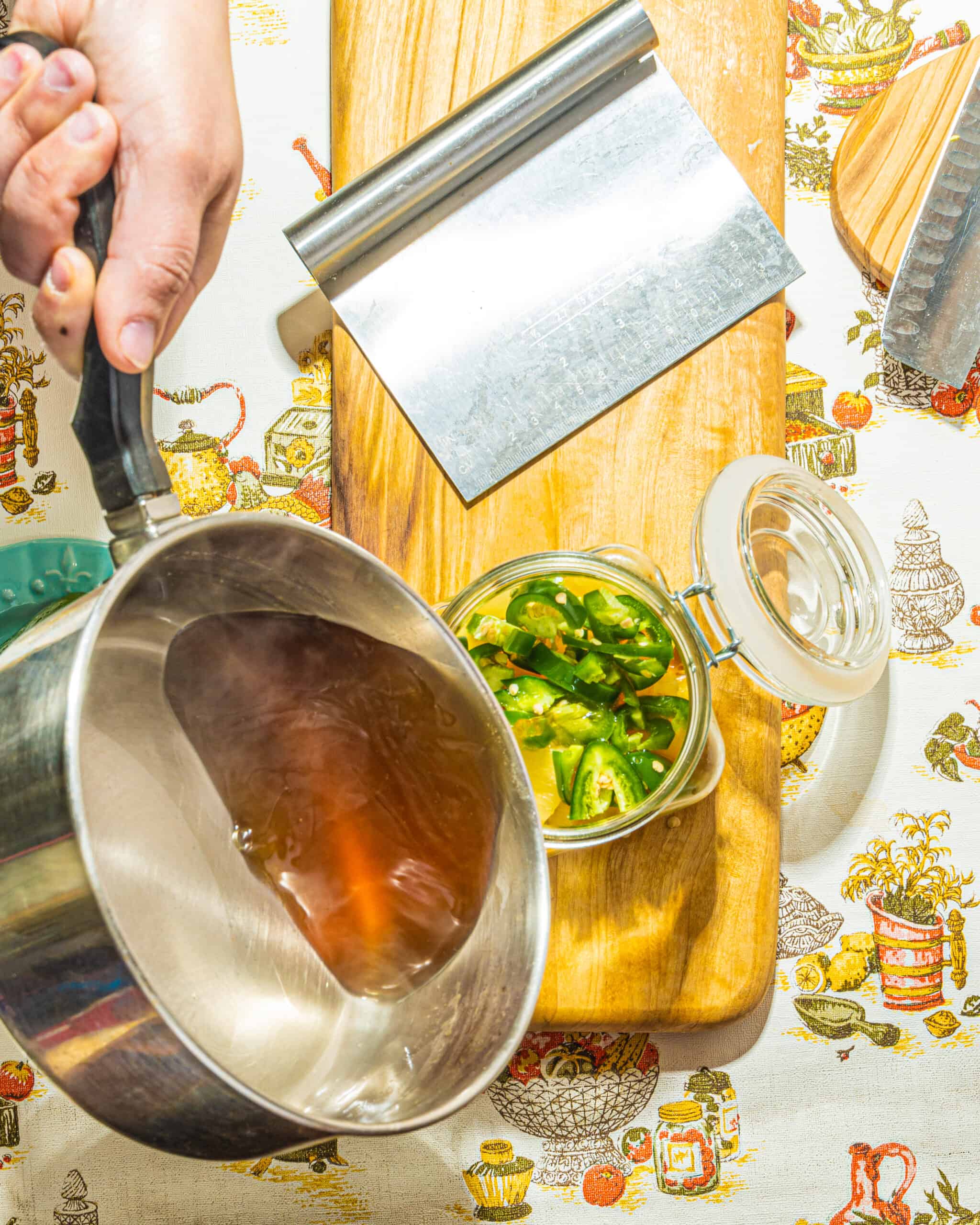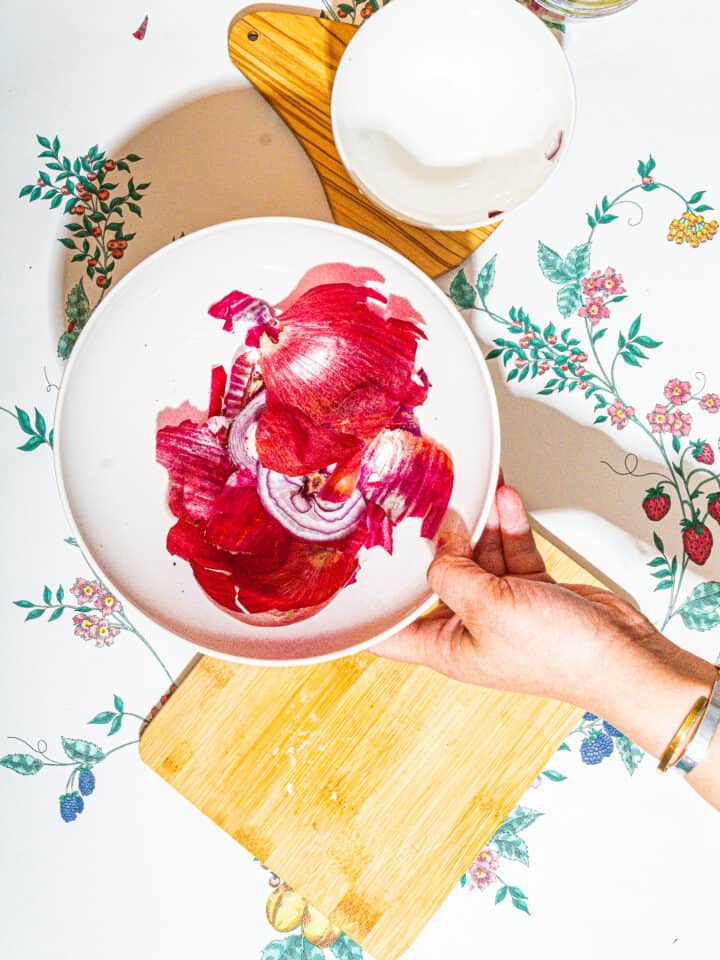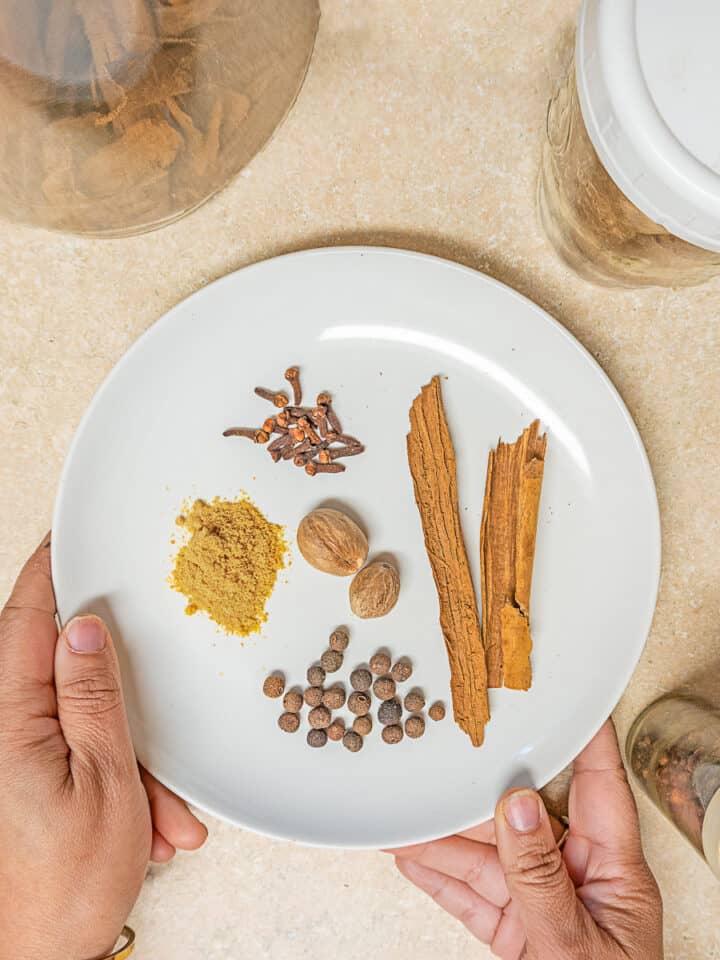In an era where the harmful impact of waste on the earth's ecosystems is becoming increasingly clear, adopting sustainable practices in every aspect of life has become a necessity rather than an option. With the kitchen's central role in the home, shifting towards a more eco-friendly setup can have a significant environmental impact. This is where the principle of reusing the kitchen essentials takes center stage.

The first step to a sustainable kitchen is reusability. Rather than stockpiling single-use or disposable items, consider investing in sturdy, multifunctional, easy-to-maintain equipment. Doing so saves resources, reduces waste, and cuts costs in the long run.
So, how do you start incorporating reusable kitchen essentials into your home? We walk you through some essential reusable kitchen items and their benefits here.
Mason Jars: The Multi-Purpose Miracle
Mason jars deserve a top-notch position in your sustainable kitchen due to their versatility. These omnipotent glass jars can be utilized for a vast array of purposes, right from food storage to beverage containers or even as chic home décor items such as vases. Their glass body also makes them easy to clean and resistant to retaining the smells of their previous contents.
When using Mason jars for storage, the benefits are dual-fold. You do not just reduce plastic consumption by avoiding plastic containers, but the airtight seals of these jars also keep your produce fresh for extended periods. This curtails food wastage and keeps your kitchen organized and clutter-free.
Reusable Cloth Bags: Embrace the Fabric, Shun the Plastic
The next replacement is reusable cloth bags, a sturdy and reliable replacement for disposable plastic bags. Whether grocery shopping, storing vegetables, or organizing your pantry, these bags are a game-changer. They are easy to carry, durable, and breathable, making them a perfect choice for a variety of tasks in the kitchen.
What's even better is that they are easy to clean and maintain. Just toss them in your washer; they're good to go, saving you the time and hassle of cleaning accumulated stains from plastic bag surfaces.
By adopting reusable cloth bags, you're directly contributing to reducing the overwhelming plastic pollution that's cluttering our earth.
Silicone Baking Mats: A Reusable Answer to Single-Use Alternatives
Feeding into your baking addiction should not come with a side of guilt from the heavy consumption of single-use parchment paper and aluminum foil. The answer to this is silicone baking mats. Non-stick and perfect for everything from baking cookies to roasting vegetables, these mats are swapping the game for baking enthusiasts.
The durability of silicone baking mats means they can be reused to your heart's content. And once you're done, washing them is a breeze, with most varieties being dishwasher-safe.
Plus, the non-stick feature reduces your need for cooking sprays or fats, promoting healthier cooking options. It's a win-win situation.
Reusable Coffee Filters: Brewing Sustainably
If you're a daily coffee drinker, the waste accumulated from disposable coffee filters can become significant over time. Enter reusable coffee filters, a simple yet effective swap that can make a notable difference.
Most reusable filters are made from either metal or cloth. Metal filters are incredibly sturdy, allowing the oils from the coffee to pass through, resulting in a richer, fuller taste. Cloth filters, often made from organic cotton or hemp, also provide a clean cup of coffee and can be composted at the end of their life cycle.
Both varieties can be quickly rinsed out after use and last a considerable time, making the switch financially and environmentally sound.
Glass Storage Containers: Sustainable Leftovers

Plastic tupperware might be handy, but better choices for your health and the environment exist. A wonderful alternative is glass storage containers. They can be used not only in the fridge but also in the oven and freezer. This means you can cook, serve, store, and reheat in the same container, reducing the cleaning you need.
Unlike plastic, glass does not absorb colors, tastes, or potential toxins, making it safer and easier to clean. And while the upfront cost may be more significant than their plastic counterparts, the longevity and versatility of these containers make them a wise long-term investment.
Beverage Bottles: Hydration Meets Sustainability
Disposable water bottles are a major contributor to plastic waste globally. Thankfully, a reusable water bottle can quickly solve this issue. But the benefits of reusable bottles go beyond just saving plastic.
Many reusable bottles are insulated, which can keep your beverages hot or cold for extended periods—ideal for everything from your morning coffee to your smoothie. These come in many materials, including stainless steel, glass, and BPA-free plastic. Personalize one to suit your taste, and let the hydration begin!
Beeswax Wraps: Nature's Cling Film
Say goodbye to single-use cling film or aluminum foil, and say hello to beeswax wraps. These wraps are made from organic sheets of cotton coated in beeswax, a reusable, compostable solution to keep your food fresh.
Use them to cover bowls, wrap leftovers, or even form them into pouches for snacks. They can be washed in cold water with mild soap, dried, and used repeatedly. They can be composted or used as fire starters when they eventually wear out after a year.
Reusable Silicone Food Bags: Resealable and Sustainable
Gone are the days of wasteful single-use plastic baggies. The future lies in reusable silicone food bags that can easily handle the job while being environmentally friendly. These bags are made from food-grade silicone, offering a safe and durable option for storing food, snacks, and liquids.
The airtight seal keeps food fresh while preventing spills, and the bags can go from the freezer to the microwave to the dishwasher, making them a versatile addition to your kitchen. By switching to reusable silicone food bags, you're taking another step towards reducing waste and a sustainable lifestyle.
Reusable Straws: Sipping Responsibly
As the harmful impact of single-use plastic straws on marine life becomes more apparent, many people have started adopting reusable straws. These straws come in various materials, like stainless steel, glass, bamboo, or silicone.
Each reusable straw type offers benefits, such as superior durability or a more pleasing tactile feel. Some even come with a carrying case and a cleaning brush to make them more portable and easier to clean. By switching to reusable straws, you're not just opting for a more sustainable lifestyle but also directly contributing to protecting our oceans and marine life.
Reusable Cloth Napkins: Practical Elegance
It's time to say farewell to disposable paper napkins and embrace the eco-friendly, chic alternative: reusable cloth napkins. Perfect for daily use and special occasions, napkins add a touch of design to your dining table while reducing the amount of waste generated.
Available in various fabrics such as cotton, linen, or bamboo, cloth napkins are easy to care for and can be laundered with your regular laundry loads. By investing in reusable cloth napkins, not only will you cut down on paper waste, but you will also elevate the overall dining experience in your home.
Transforming your kitchen into an eco-friendly space may seem daunting, but it begins with small, achievable steps. Incorporating reusable kitchen equipment creates a sustainable lifestyle that reduces waste and saves money in the long run.
By making these simple swaps for some of your kitchen essentials, you're making an active choice to become a responsible steward of our planet, paving the way toward an environmentally conscious future for future generations. Empower yourself with reusability, and let's create a greener kitchen together.





Comments
No Comments